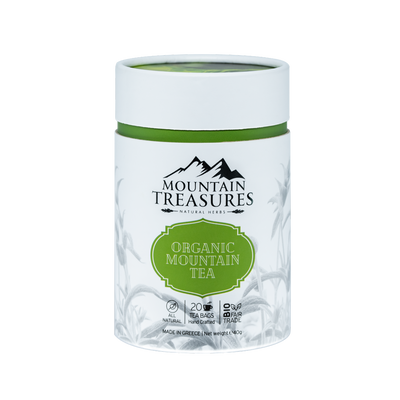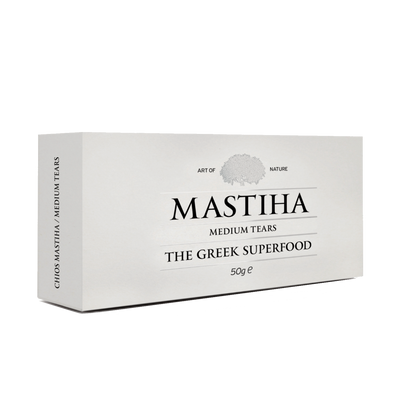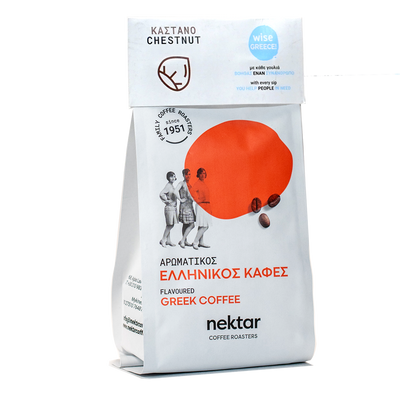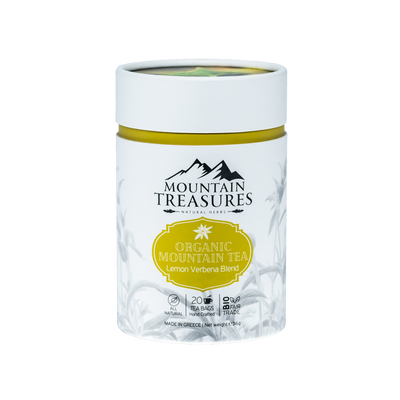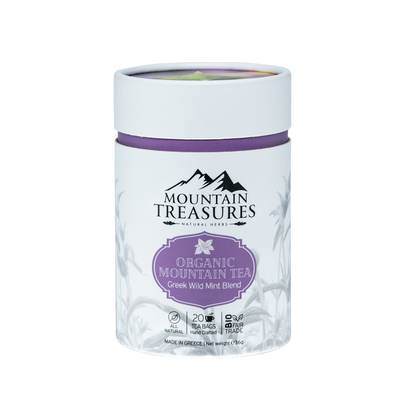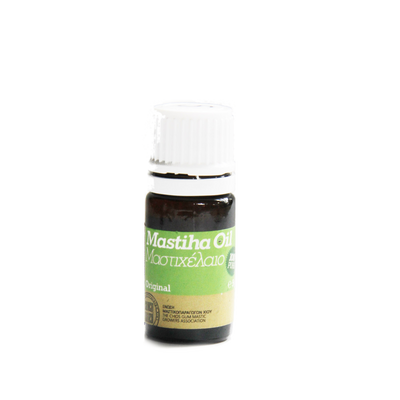Mastic gum / Mastiha health benefits and uses
Medically reviewed by Debra Rose Wilson, PHD, MSN, RN, IBCLC, CHT. Written by Emily Cronkleton
What is mastic gum?
Mastic gum (Pistacia lentiscus) is a unique resin that comes from a tree grown in the Mediterranean island of Chios. For centuries, the resin has been used to improve digestion, oral health, and liver health. It contains antioxidants that are said to support its therapeutic properties.
Depending on your individual need, mastic gum can be chewed as gum or used in powders, tinctures, and capsules. You can also apply mastic essential oil topically to help treat certain skin conditions.
Keep reading to learn how you can add this complementary therapy to your routine.
1. It may help relieve digestive issues
A 2005 report found that mastic gum can be used to relieve abdominal discomfort, pain, and inflammation. Mastic gum’s positive effect on digestion may be due to the antioxidants and anti-inflammatory compounds it contains. Further research is needed to learn more about the exact mechanisms in which mastic gum works.
How to use: Take 250 milligrams (mg) of mastic gum capsules 4 times per day. Ground your own mastic gum and have with water. You can also add 2 drops of mastic gum oil to 50 milliliters (mL) of water to make a mouthwash. Don’t swallow the liquid.

2. It may help clear H. pylori bacteria
A small 2010 study found that mastic gum may kill off Helicobacter pylori bacteria. Researchers found that 19 out of 52 participants successfully cleared the infection after chewing mastic gum for two weeks. Participants who took an antibiotic in addition to chewing mastic gum saw the highest success rate. H. pylori is a gut bacterium related to ulcers. It’s become antibiotic-resistant, but mastic gum is still effective.
How to use: Chew 350 mg of pure mastic gum 3 times per day until the infection has cleared.
3. It may help treat ulcers
H. pylori infections can cause peptic ulcers. Older research suggests that the antibacterial properties of mastic gum can fight H. pylori bacteria and six other ulcer-causing bacteria. This may be due to its antibacterial, cytoprotective, and mild antisecretory properties.
Researchers found that doses as low as 1 mg per day of mastic gum inhibited bacterial growth. Still, newer research is needed to further explore these properties and assess its efficacy.
How to use: Take a daily mastic gum supplement. Follow the dosage information provided by the manufacturer.
View our full range of Medicinal Foods.
4. It may help ease symptoms of inflammatory bowel disease (IBD)
Research presented in a 2015 trusted review source suggests that mastic gum may help ease the symptoms of Crohn’s disease, which is a common form of IBD.
In one small study, people who took mastic gum for four weeks experienced a significant decrease in the severity of their inflammatory symptoms. Researchers also found decreased levels of IL-6 and C-reactive protein, which are markers of inflammation.
Larger studies are needed to understand the exact mechanisms in which mastic gum works. More research is needed that focuses on using mastic gum to treat Crohn's disease and other forms of IBD.
How to use: Take 2.2 grams (g) of mastic powder divided into 6 doses throughout the day. Continue use for four weeks.
5. It may help lower cholesterol
A 2016 study found that mastic gum can have a positive effect on cholesterol levels. Participants who took mastic gum for eight weeks experienced lower levels of total cholesterol than those who took a placebo.
People who took mastic gum also experienced lower blood glucose levels. Glucose levels are sometimes associated with high cholesterol levels. Researchers also found that mastic gum had a greater effect on people who were overweight or obese. Still, further research with a larger sample size is needed to truly determine the potential efficacy.
How to use: Take 330 mg of mastic gum 3 times per day. Continue use for eight weeks.
According to one 2007 study, mastic gum may help prevent liver damage. Participants who took 5 g of mastic gum powder for 18 months experienced lower levels of liver enzymes related to liver damage than participants who did not.
Research is ongoing to learn more about the hepatoprotective effect of mastic gum. Another study found it effective for protecting the liver while used as an anti-inflammatory in mice.
How to use: Take 5 g of mastic gum powder per day. You can divide this amount into three doses to be taken throughout the day.
7. It may help prevent cavities
Researchers in a small 2014 study looked at the effect of three types of mastic gum on both the pH and bacteria level found in saliva. Depending on their group, participants chewed pure mastic gum, xylitol mastic gum, or probiotic gum three times daily for three weeks.
Acidic saliva, Mutans streptococci bacterium, and Lactobacilli bacterium can lead to cavities. Researchers found that all three types of gum reduced the level of Mutans streptococci. Lactobacilli levels were slightly raised in the groups using pure and xylitol mastic gums. However, Lactobacilli levels significantly decreased in the group using probiotic mastic gum.
It’s worth noting that probiotic mastic gum caused the pH of the saliva to decrease significantly, making it more acidic. Acidic saliva can lead to dental health issues, so probiotic mastic gum isn’t recommended for use in preventing cavities.
Further studies involving larger samples sizes are needed.
How to use: Chew a piece of mastic gum three times per day. Chew the gum after meals for at least five minutes.
8. It may help prevent colon cancer
A 2017 research study suggests that mastic essential oil may also help suppress tumors that can lead to colon cancer. Researchers found that mastic oil inhibited the increase of colon cells in vitro. When given orally to mice, it inhibited the growth of colon carcinoma tumors. Further study is needed to expand upon these findings.
How to use: Take a daily mastic gum supplement. Follow the dosage information provided by the manufacturer.


